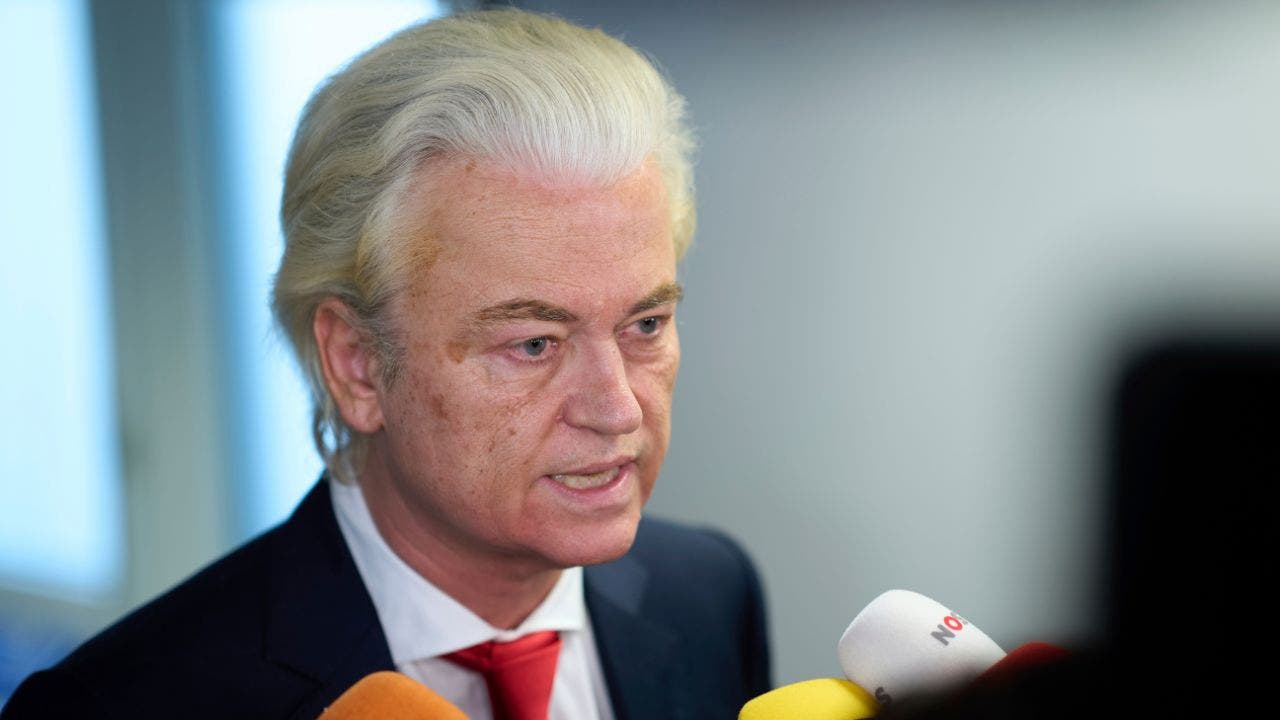Dutch righ-wing leader Wilders pulls party from government over immigration standoff

The Dutch government was thrown into turmoil on Tuesday as the Party for Freedom (PVV), led by populist Geert Wilders, abruptly left the governing coalition over a dispute about immigration policies. This move, less than a year into the government’s term, is likely to trigger snap elections in the Netherlands.
Wilders, known as the “Dutch Donald Trump,” demanded 10 tougher asylum measures, including a freeze on applications and limits on family reunification, which were not supported by the other three coalition partners. In a bold move, Wilders announced that his party was leaving the coalition because his proposed asylum policies were not being endorsed by the other ruling parties.
Some of Wilders’ proposals, such as enhanced border controls, were already part of government policy. However, he also pushed for controversial measures like stripping citizenship from individuals with dual passports, which critics argued undermined fundamental rights. Wilders was frustrated with the lack of progress on asylum policies by his own minister responsible for the issue, leading to his decision to withdraw from the coalition.
Last week, Wilders called for the use of the army to guard land borders and reject all asylum-seekers. He warned that without tougher immigration policies, his party would exit the government, a threat he followed through on Tuesday. The future of the government is now uncertain, as it could attempt to govern as a minority administration or call for new elections.
Wilders’ party had won a significant portion of the vote in the last election, but recent polls indicate a decline in support since joining the government. Despite this, right-wing parties across Europe are experiencing a surge in popularity, fueled by skepticism of the EU and growing concerns over immigration and economic issues.
The resignation of the PVV from the Dutch coalition adds to the political upheaval in Europe, with recent elections in Poland and upcoming contests in the Czech Republic reflecting a trend towards right-wing parties. As the situation unfolds, the Netherlands faces a period of uncertainty and potential change in its political landscape.
In conclusion, the departure of the PVV from the Dutch government marks a significant development in European politics, with implications for the country’s future direction and the broader political landscape on the continent.




